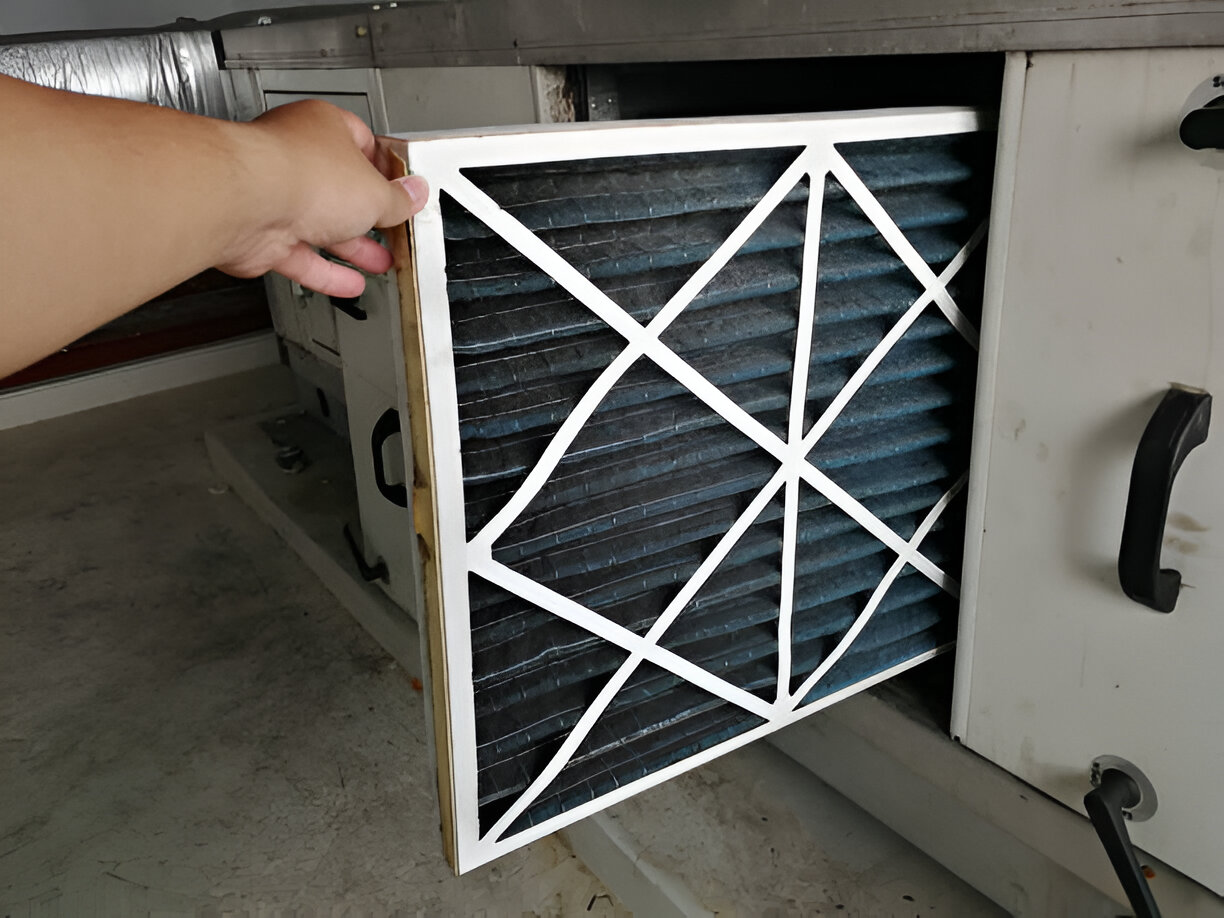
Furnace Tune-Up in Neffsville, PA
Keeping your furnace running safely and efficiently through Lancaster County’s long heating season starts with a professional furnace tune-up. In Neffsville homes, where older construction, seasonal temperature swings, and a mix of fuel types (natural gas, propane, oil) are common, a thorough tune-up prevents unexpected breakdowns, improves comfort, and helps control energy bills.
Why a furnace tune-up matters for Neffsville homes
- Cold winters and regular temperature swings put heavy seasonal demand on heating systems. A furnace that’s not properly maintained works harder, costs more to operate, and is more likely to fail at the worst time.
- Many Neffsville properties have ductwork running through basements and crawlspaces that collect dust and debris; this reduces airflow and forces the furnace to run longer.
- Older furnaces and chimneys common in the area increase the importance of combustion and venting inspections to prevent carbon monoxide risk and ensure safe operation.
Routine tune-ups address performance, safety, and longevity—so your system delivers reliable heat all winter with lower operating costs.
Common furnace problems we find in Neffsville
- Dirty burners and clogged blower coils restricting combustion and airflow
- Worn or misaligned ignition and safety controls causing intermittent starts or shutdowns
- Thermostats that are out of calibration, producing uneven temperatures or short cycling
- Reduced airflow from dirty filters, blocked vents, or failing blower motors
- Poor combustion efficiency and venting issues in older chimneys or flues
- Excessive noise from loose components or failing bearings
Addressing these during a tune-up prevents nuisance failures and reduces the chance of emergency repairs on the coldest nights.
What a professional furnace tune-up includes
A full tune-up is more than a quick visual check. Typical tasks performed during the service include:
- Inspection and cleaning of burners and combustion chamber to ensure complete, efficient burning
- Cleaning blower assembly and evaporator/heat exchanger coils to restore proper airflow and heat transfer
- Testing and calibrating ignition systems (pilot or electronic ignition) and safety controls to verify reliable starts and automatic shutdowns if a fault occurs
- Calibrating and testing thermostat accuracy and cycle behavior so rooms reach and hold set temperatures without short cycling
- Checking airflow: filter condition, return and supply vents, duct pressurization, and blower motor function
- Combustion efficiency testing and flue/vent inspection to confirm proper draft, identify leaks, and measure carbon monoxide levels for safety
- Inspecting heat exchanger for cracks or corrosion that could allow combustion gases into the home
- Tightening electrical connections, testing capacitors and relays, and lubricating motors and bearings where applicable
- Verifying safety devices (limit switches, rollout switches, pressure switches) and documenting any codes or alerts
Each step is performed to diagnostic and safety standards. After cleaning and adjustments, the technician rechecks system operation and records measured improvements.
Recommended frequency
- Annual tune-up (once per year) before the heating season begins is the industry standard and the best time to catch issues early.
- Homes with older furnaces, high run times, or heavy soiling (pets, dust, rural dirt) can benefit from semiannual checks.
- Fuel type and system age: oil-fired or high-mileage systems sometimes need more frequent attention because of soot and combustion residue.
Scheduling yearly service ensures the furnace is ready for Neffsville’s cold months and helps maintain warranty and safety compliance.
What improvements to expect after a tune-up
- Better comfort: more even heating and fewer short cycles or cold spots.
- Improved efficiency: a properly tuned furnace typically operates more efficiently, commonly producing measurable energy savings (industry averages vary, but routine maintenance often reduces fuel use by several percent and prevents larger inefficiencies).
- Fewer breakdowns: addressing small wear-and-tear problems during a tune-up reduces emergency repairs and extends the service life of the furnace.
- Quieter operation: loose parts and worn components are tightened or identified for replacement, reducing noise.
- Increased safety: combustion testing and flue inspections reduce the risk of carbon monoxide exposure and unsafe venting.
What to expect during the appointment
- Arrival and brief overview: the technician arrives in a marked vehicle, confirms the system type (gas, oil, electric), and reviews any current concerns you’ve noticed (noises, uneven heat, cycling).
- System shutdown and safety isolation: power and fuel sources are safely isolated as needed for inspection and cleaning.
- Hands-on inspection and cleaning: burners, coils, blower, and accessible components are cleaned; filters are checked and recommendations made for replacement.
- Diagnostic testing: ignition and safety controls are tested, thermostat is calibrated, combustion efficiency and CO tests are performed, and airflow is measured.
- Findings and documentation: the technician explains what was inspected, any issues found, and recommended next steps (repairs, part replacements, duct sealing). A final system test is performed to confirm proper operation.
- Timeframe: expect a typical furnace tune-up to take about 60 to 90 minutes depending on system age and condition; more time may be required if repairs are identified or if cleaning is extensive.
Simple homeowner maintenance to prolong tune-up benefits
- Replace or clean filters on the manufacturer’s recommended schedule—monthly for high-use homes or pleated filters every 3 months in many cases.
- Keep returns and supply registers unobstructed; avoid blocking vents with furniture.
- Maintain clearances around the furnace and venting area—no stored items near the appliance.
- Install and test carbon monoxide detectors on every level and near sleeping areas; replace batteries as advised.
- Consider duct inspection and sealing if you notice large temperature differences between rooms.


Enjoy flexible financing options that make upgrading or repairing your HVAC system easy and budget-friendly.










